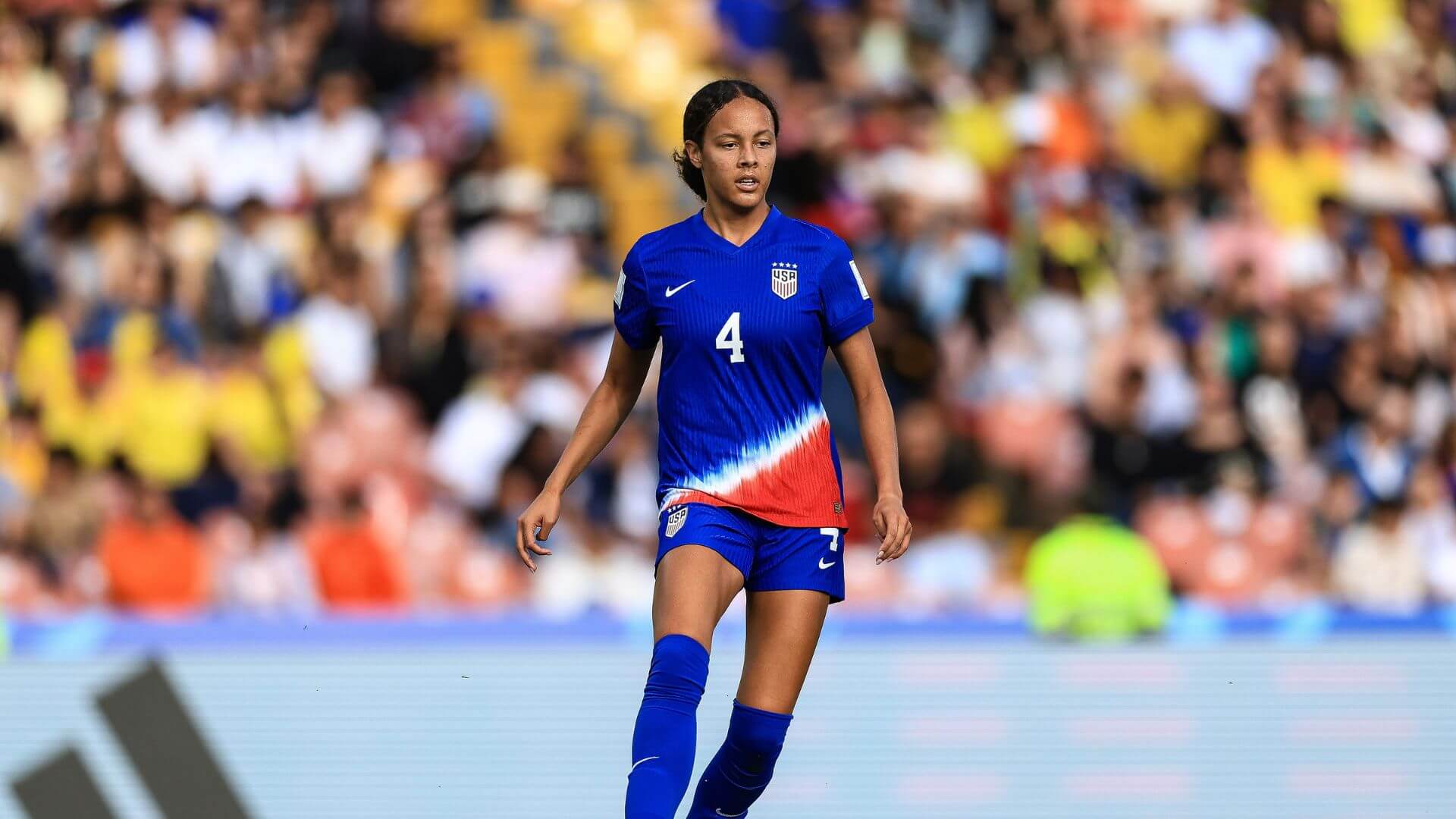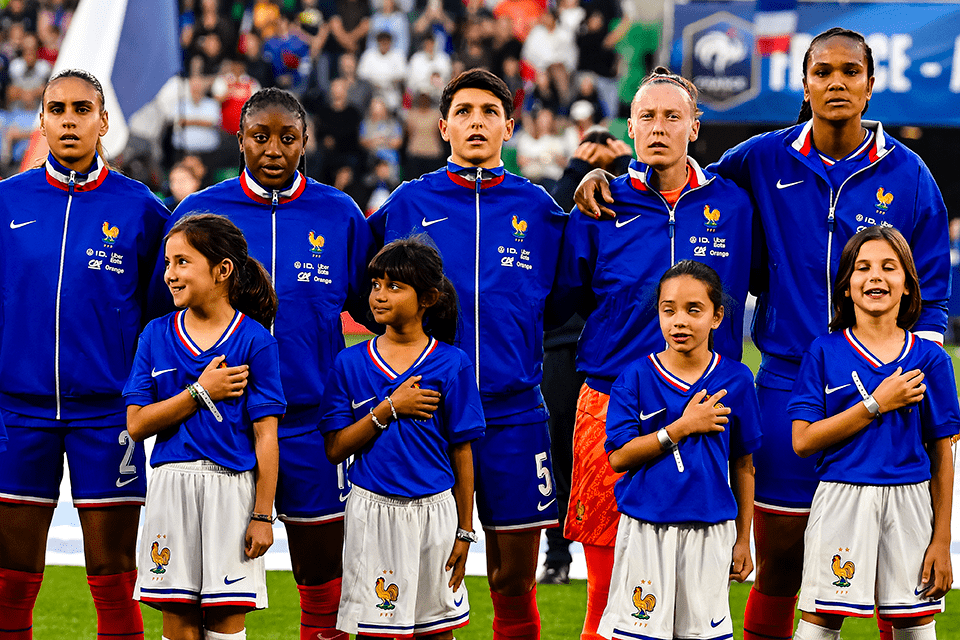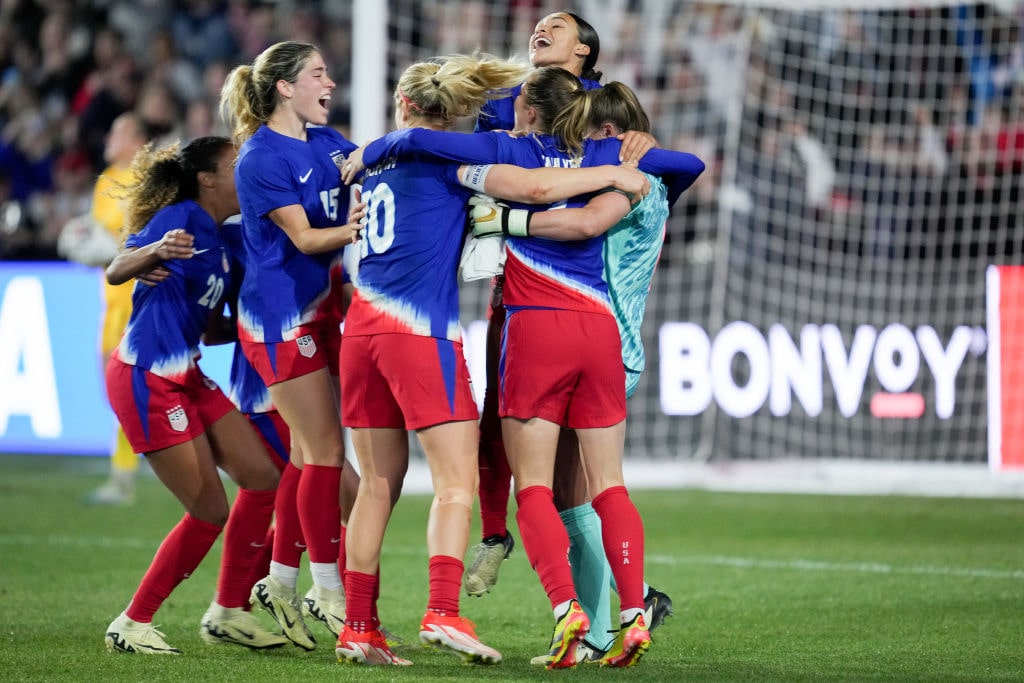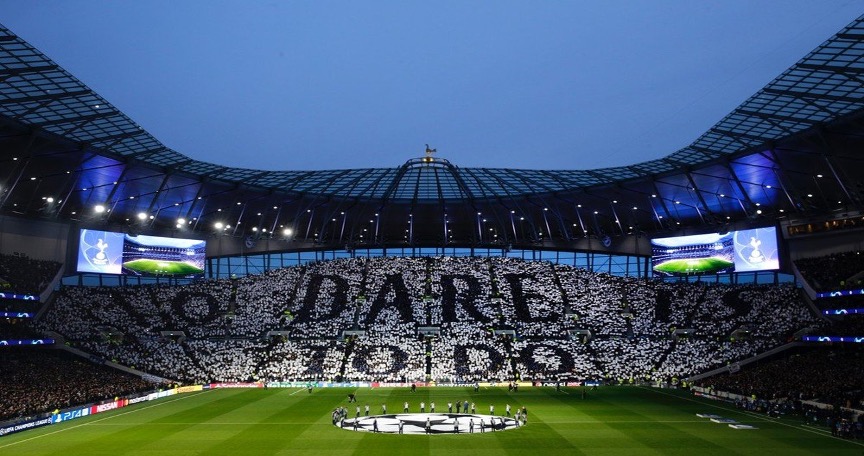Why Do the Canadian Women Team Succeed Everywhere but the World Cup?
The Canadian women’s soccer team caught the attention of an entire country at the Tokyo Olympics when they took the gold after winning consecutive bronze medals in London 2012 and Rio 2016.
Despite switching from bronze to gold success, Canadian coach Bev Priestman has eyes for the biggest prize of them all – capturing the 2023 FIFA World Cup set to be hosted in Australia and New Zealand.
“What I definitely want to ensure is that this gold medal wasn’t just a one-off, that we didn’t do it once and then rode away into the sunset and were happy with that. For me, it’ll be about us getting into that arena more often. Fresh on my mind at the moment is the World Cup,” Priestman told the press.
However, when examining Canada’s history, attempting to win the World Cup following an Olympic achievement will be easier said than done.
The Olympic debut of women’s soccer took place in 1996; Canada didn’t make a prominent appearance until they first qualified for Beijing in 2008, reaching the quarterfinals. And since that date, they’ve reached the podium on three consecutive occasions.
Finding good ground at the Women’s World Cup has been a more arduous task. Canada has participated in seven tournaments since 1995, failing to make the final-16 four times. This included a 2011 appearance where they finished in last place. It wasn’t all bad; in 2003, they reached the semi-finals but couldn’t build on that in their two other appearances during the knockout round.
It’s safe to say that sports betting in Canada receive a lot more praise when the Olympics come around, but they could fix the inequality between tournaments this time around with a gold medal in hand.
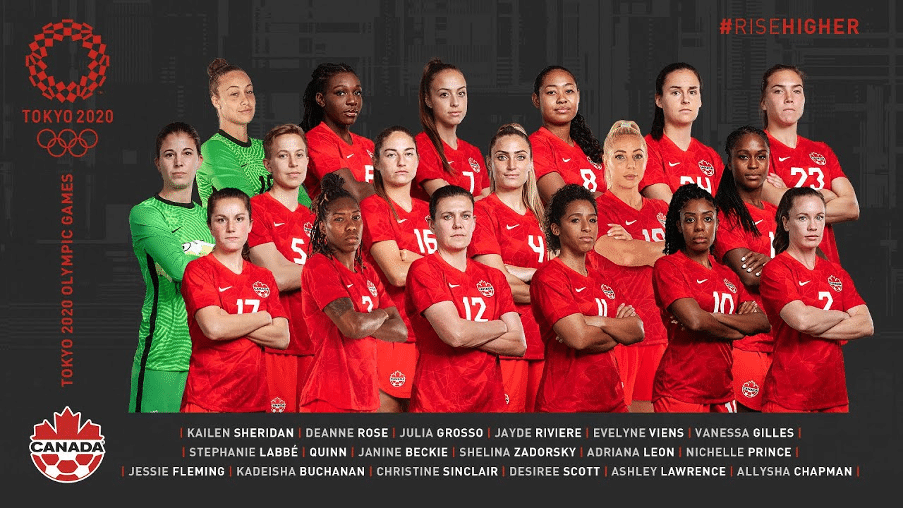
What Causes the Imbalance in Results?
So why does Canada pose an imbalance in performances between the two most prominent and prestigious women’s soccer competitions?
Firstly, the two competitions are quite the opposite in size and variables – the 2023 World Cup will play host to 32 teams; when you look at the 12 nations who competed in the Tokyo Olympics, the amount of competition is more considerable at the WC. In addition, the Olympics have shorter turnarounds between fixtures and smaller rosters, the World Cup delivers more travel, and a more diverse and strength of squads.
Germany and France are two the leading nations in women’s international soccer – they positioned 2nd and 3rd in the FIFA world rankings before the Tokyo Olympics – with 12th-ranked Spain showing their evolution since its debut at the 2015 World Cup. But none of these sides qualified for Tokyo, based on Europe’s limited tournament positions.
Former Canadian international Amy Walsh played at the 1999 and 2007 World Cup tournaments and the 2008 Olympics, highlights that the above factors make the World Cup a more difficult tournament to win.
“The field of 12 teams in Tokyo was missing Germany and France, so with the smaller field, you are reducing the competition and the level of play, to a certain extent,” Walsh told reporters.
“From your first game at the World Cup, you have to get points no matter who your opponent is so you can build that momentum, and you’re not under the gun going into your final group stage game and needed a result against a higher seed,” said Walsh, who notably scored five goals in 102 caps for Canada between 1999-2009.
Avoiding Another Post-Olympic Drop in Form
An issue surrounding Priestman will be her team suffering another post-Olympic let-down.
Canada’s only memorable run in the World Cup was in 2003 when they finished in fourth place, but again, this tournament featured a limited number of teams (16), and the women’s game has changed dramatically since then.




